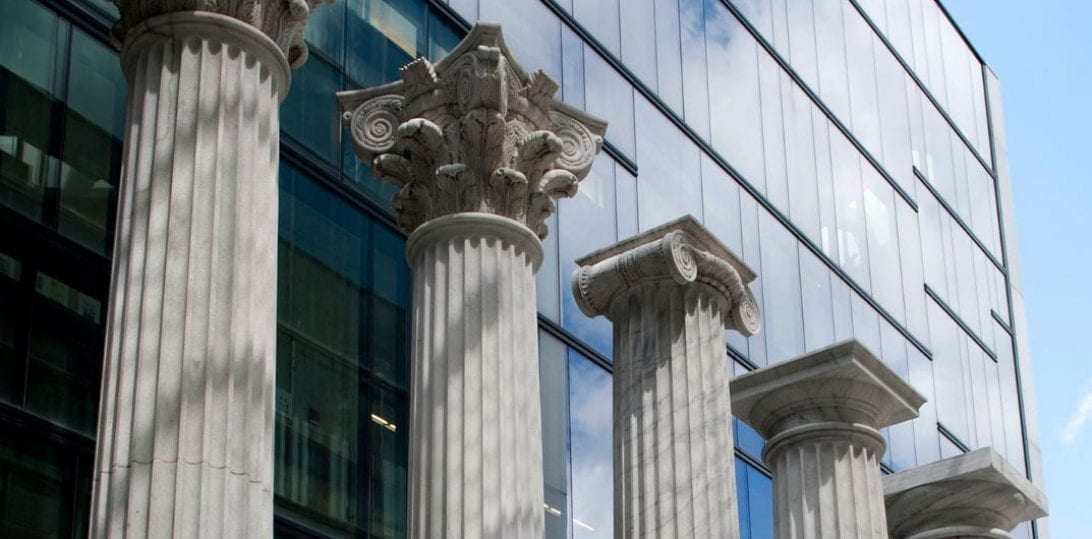At the time of writing, there is one week left in my freshman year at The Ohio State University studying Molecular Neuroscience. One thing that I learned in class that stuck with me is the history of life on Earth. We watched a video that put into perspective evolutionary life from the big bang to the present day. A positive from this year has been the number of experiences that put me out of my comfort zone. Most of these experiences have been interview situations. For example, I had to interview for a spot in my fraternity, I had to interview for multiple scholarships, I had to interview for my volunteer position, and I interviewed for an Anesthesia Technician position at Grant. The tech position interview was a 4-hour interview where I shadowed with a technician for three and a half hours and then I had a short interview after. Something I have learned about myself is that I am a lot more productive and happier when I follow a daily routine for a long period of time. When my routines slip or fail, I can go days or weeks where I can fall behind. So, especially for next year, I will put a huge emphasis on sticking to daily routines so that I can be as productive as possible. Another issue I found this year was that I was not productive enough to have free time. I think that I have changed as a person over this year just by the amount of information I have learned in my classes. Also, I have learned how to deal with failure and loss on multiple occasions throughout the year.
My favorite memory of the past year was when my fraternity met up in the oval and we tied blankets for the Ronald McDonald House Charities. It was a good time to meet some of the guys and girls in my fraternity and I ended up studying for a biology exam with some friends after blanket tying. Next year I am looking forward to volunteering at The James Cancer Hospital through the Mirrors Sophomore Honorary. I am not sure what my specific job will be yet but I know that we will fill out a survey so that we can be matched with a job that fits us. Another thing I am looking forward to next year is that I have a few more in-person courses. I like in-person courses better because I am a more hands-on learner and I think having more in-person classes will make my days more structured. Moreover, I have to do another interview for the Anesthesia Technician position before I find out if I get the position. So, if I end up getting the position I will be looking forward to working at Grant Medical Center in the operating rooms. Next semester I will be taking Organic Chemistry, Physics, Computational Neuroscience, and Drug Use in America. This will most likely be much more challenging than any other semester I’ve had so far but if I can stick to a schedule then I know I can make it through.

